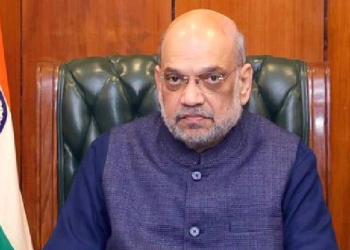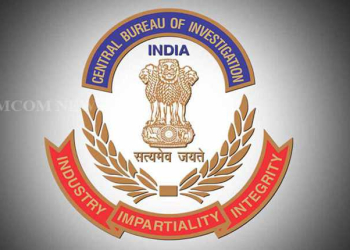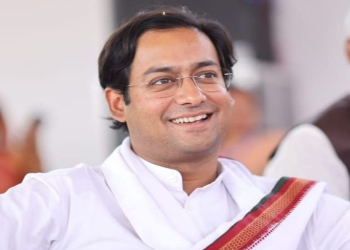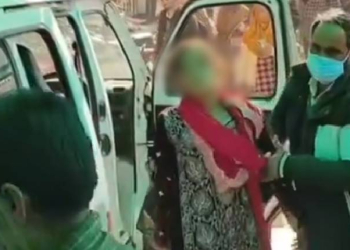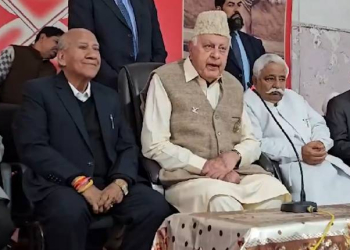New Delhi: The Supreme Court on Thursday refrained from giving a specific date for urgent listing of a plea seeking transfer of petitions to it from the Karnataka High Court, which is currently examining the permissibility of hijab in schools and colleges.
Senior advocate Kapil Sibal mentioned the matter before a bench headed by Chief Justice N.V. Ramana, submitting it deals with what is happening in Karnataka, and is spreading in the entire country.
At this, the Chief Justice told Sibal that the Karnataka High Court is already examining the issue and it should be allowed to decide it. “Why should we jump in at this stage? It does not look nice,” he said.
As Sibal said the exams are just two months away and his client has filed the petition on Thursday, the Chief Justice reiterated that the high court be allowed to hear the matter first.
As he submitted that the top court could list the transfer petition and keep it pending, the bench said after the top court interferes in the matter, then the high court would never hear it saying the issue is pending before the apex court.
Sibal insisted that this issue needs to be considered, as schools and colleges are closed. The bench reiterated: “Let HC hear it first.”
Sibal pressed that he is only asking the top court to list the petition, and if the high court does not pass an order, then this court can transfer it to itself and hear it. After a brief hearing in the matter, the Chief Justice said: “We will see”.
The plea, filed by Udupi college student Fathima Bushra, said: “The said fundamental rights of the petitioner have been violated with impunity on one hand by the respondent No 2 which has denied entry to the petitioner into the college, thereby debarring her from attending her regular classes until the petitioner and similarly situated girls remove their headscarf/hijab.”
The plea added that the essentiality test, which is itself under re-consideration by a nine judge bench of the top court, is invoked where a competing right or state interest is involved and a balancing act is required by the court.
“It is submitted that a Muslim girl pursuing her education wearing a hijab/headscarf offends no right of any person and militates against no state interest. Therefore, even the essentiality test is wrongly invoked in the present facts,” the plea added.
The plea contended that the petitioner seeks to demonstrate that the Islamic practice of wearing a hijab/headscarf satisfies even this higher threshold of “essential religious practice”.
“It is clear that the attack on the Article 14, 19, 21 and 29 rights of the petitioner and other similarly situated Muslim girls is on account of their religion, which only exacerbates the infraction and amounts to reducing the secular character of the Constitution to a dead letter.”
The petitioner said segregating Muslim girls and forcing them to sit in a room other than their regular classroom, borders on the practice of “religious apartheid” and at the same time is also an affront to the equal protection clause in Article 14.
(IANS)



